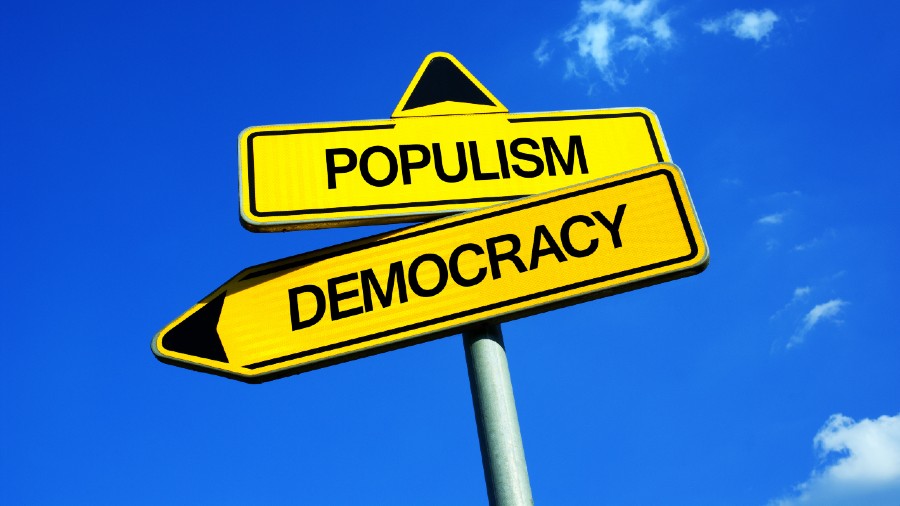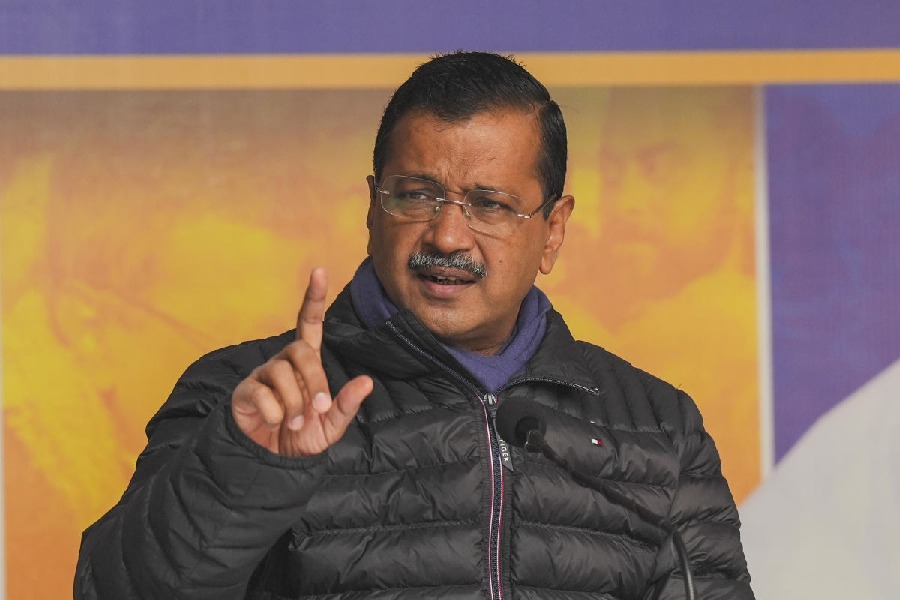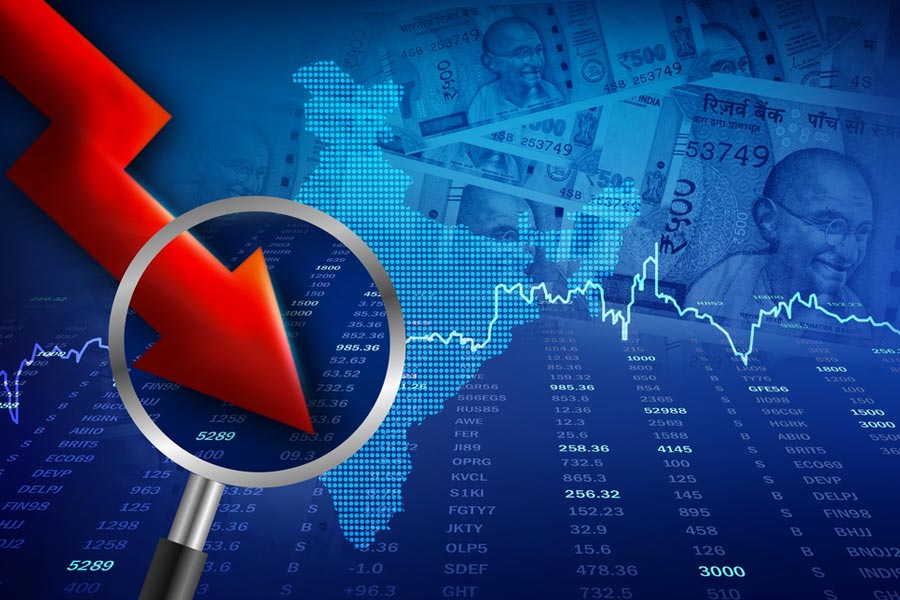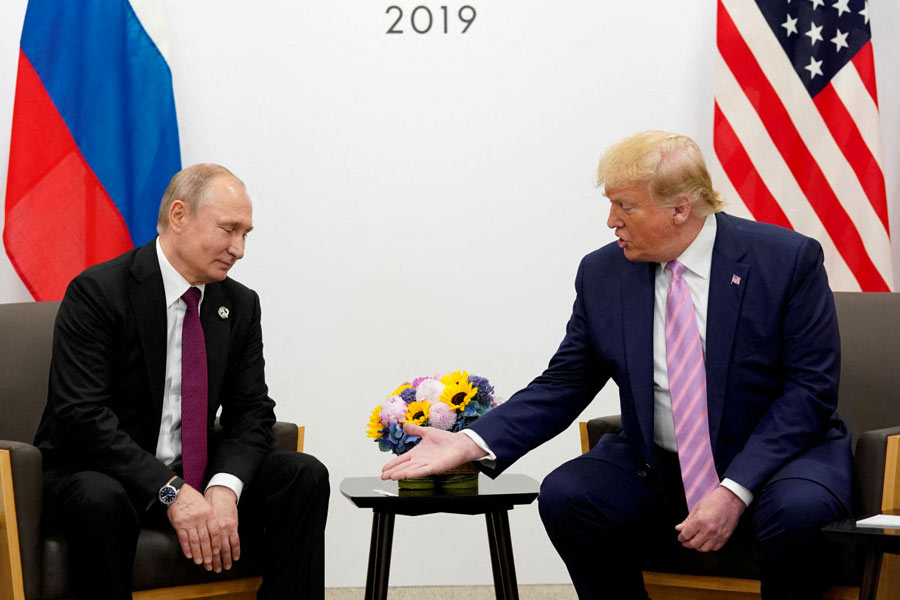YES
Imprudent promises
Populists are rapidly consolidating their hold on political power all around the world. While populism can make democracies more representative, in power, populists threaten democracies in three ways: weakening of formal institutions, a divisive view of who belongs or doesn’t to the polity, and the dismantling of informal democratic norms, resulting in democracies becoming illiberal. The would-be autocrats vilify the Opposition as unconstitutional or enemy of the nation, threaten the freedom of the judiciary, and attack free press. The result is a gradual slide into electoral authoritarianism — a system in which elections take place but citizens lack civil liberties or any information about people in power. Populists are not necessarily or even deliberately anti-democratic. But once in office, because they lack the commitment to either the formal institutions or the informal norms that constrained their predecessors, they begin to institute as many aspects of this autocratic programme as they can.
Dariya Tarangini Ghatak,
Class XII, Modern High School for Girls, Calcutta
Misleading
Yes, it is a threat. After all, populist promises may mislead the populace to elect an incompetent leader who ends up undermining the power of the people.
Aarshia Ray,
Class IX, Auxilium Convent School, Calcutta
Violation of tenets
Populism stands in utter violation of the basic tenets of democracy. The manifestos of political parties are mere gimmicks of astute politicians. In their bid to appease a seething public, they resort to populism — make imprudent promises that pacify the masses. The fake, hollow but ornamental promises stacked at election times never crystallise but nevertheless influence the credulous multitude, thereby endangering the utopia named “democracy”. This demagogy, guided more by showbiz than rationale, is ensnaring us into factional skirmishes instead of leading to the promised Elysian fields.
Soumya Bhattacharya,
Class XII, The Aryans School, Calcutta
False promises
Our democracy provides every citizen the freedom of decision in every aspect, including in choosing the ruling party. But populism, a strategy of politicians, is instilled in the minds of the less or unprivileged citizens, who are taken in by the false promises. Thus populism, the process of brainwashing the uninitiated in favour of a particular party, is definitely a threat to democracy.
Shuvayan De,
First year, Ramakrishna Mission Vivekananda Centenary College, Rahara, West Bengal
NO
Leader guards
Populism and democracy go hand in hand. This is why for almost 2,000 years, most Western political theorists agreed with Aristotle: nobody could imagine seriously advocating democracy as an ideal form of government. It was only at the end of the 18th century, during the French Revolution, that democracy reappeared as a modern political ideal. If there is a democracy there will be populism. The onus of running a democracy smoothly lies on its elected leaders following the ideal of “greater common good” for its citizens.
Sudha Sharma,
First year, BA, Jamshedpur Womens’ College, Jamshedpur, Jharkhand
Ideal state
Populism has become an issue in many countries, but Singapore has efficiently guarded itself against this by having a government which focuses on the basic needs of its people. Populism creates problems when it creates a divide between the elite and the masses. The majority — the masses — feels the system has been unfair to them and they have been left behind. Singapore offers equal opportunities to both elites and masses to address the feeling of deprivation.
Tara Mukherjee,
Third year, BA, Vidyasagar College for Women, Calcutta










